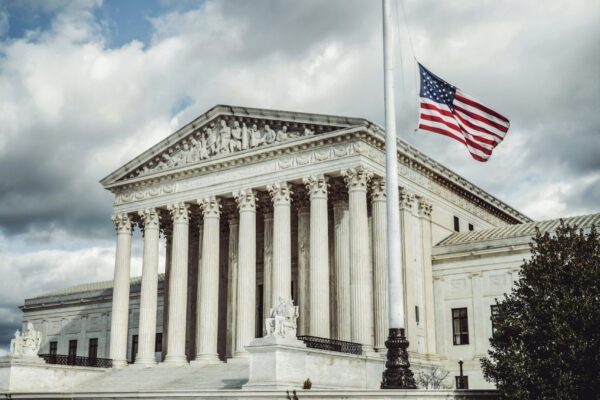
Classtimes
Class-time will be coordinated
Course Type
Description
How can we, as educators, engage students in deeper civic learning to become authentic, informed, and skilled changemakers?
Civic Engagement in Our Democracy is a high school course that seeks to help students identify what they value, deepen what they understand, and develop what they can do to be self-caring, reciprocal, and self-confident changemakers. This course provides students and teachers with the tools they need to experience deeper civic learning to support students’ emerging civic identities. It is aligned with the Massachusetts History and Social Science Framework and the Educating for American Democracy Roadmap.
Students begin the course by creating a story of self, in which they reflect on their values and their identities. Students then encounter a series of unit projects that encourage and help them develop and demonstrate their growing civic knowledge and skills while exploring stories about individuals who demonstrate civic engagement that is informed by who they are and what they value.
Students then participate in a Learning Lab that is an extension of the course wherein they will engage in a student-led civics project. There is a long history of youth-led activism creating real positive change for people all over the world. Changemaking happens at all different levels of policymaking: federal, state, city/district, and in our communities. In this Learning Lab, students will focus on change-making in schools and the communities where they live and learn. The work culminates in a student-led civics project that is based on the civics engagement course in which they apply their civic knowledge, skills, and understanding of what matters to them and take action on an issue in their community.
State Standards
Civic Engagement supports experiential and viewpoint diversity, and seeks to help students integrate their own perspectives with embrace of a civic role. Civic Engagement in our Democracy supports and aligns with the Massachusetts Department of Elementary and Secondary Education’s Guiding Principles of Effective History and Social Science Education (p.13), in particular Guiding Principles 1, 2, 7, 8, and 10.
Supports Available to Students
Tier 1 (Supports provided to ALL students)
- Student choice and scaffolding based on that choice is embedded in the course.
Tier 2 (Supports provided to targeted SMALLER groups of students)
- Small group instruction in cohorts around chosen topics.
Tier 3 (Intensive supports provided to SMALL groups or INDIVIDUAL students)
- Students with greater needs will be supported specific one to one instruction with a trained paraprofessional or intern.
Skills-learned
- Self-advocacy
- Self- management
- Communication
- Collaboration

About Dr. Bruce Pontbriand
Dr. Pontbriand (known to TechBoston Academy students as “Dr. P”) has been teaching Civics and Government at TBA since 2005. Dr. P’s classes have been involved in active civic and government engagement including working on “tiny” designing homes in Dorchester with seniors and elementary students at the Holmes Elementary School, Green Architecture Design with AutoDesk, and government advocacy with City Councilor Andrea’ Campbell’s office. Dr. P lives in Randolph, MA, and is very active in community affairs in his town.